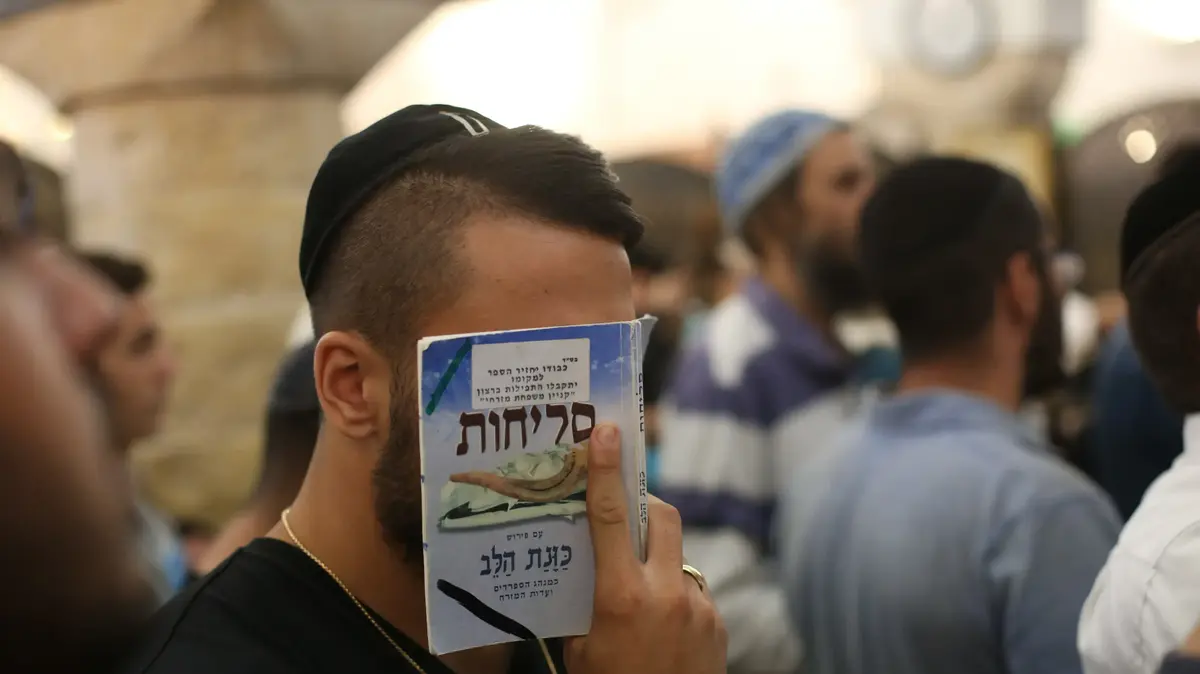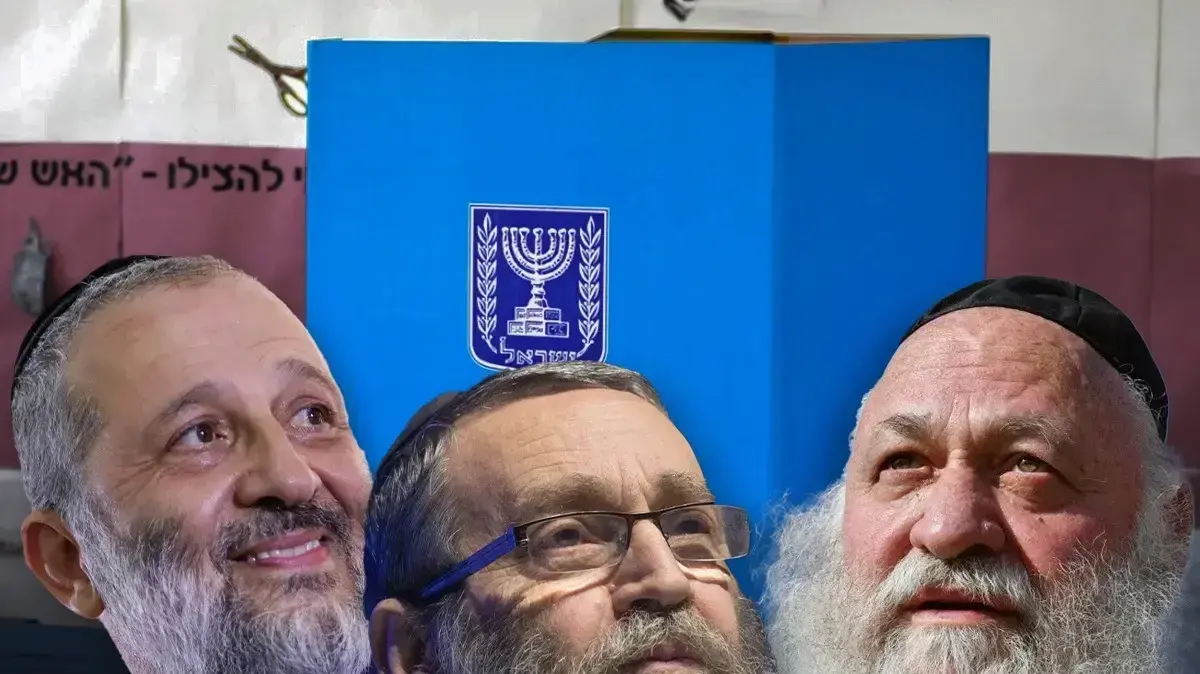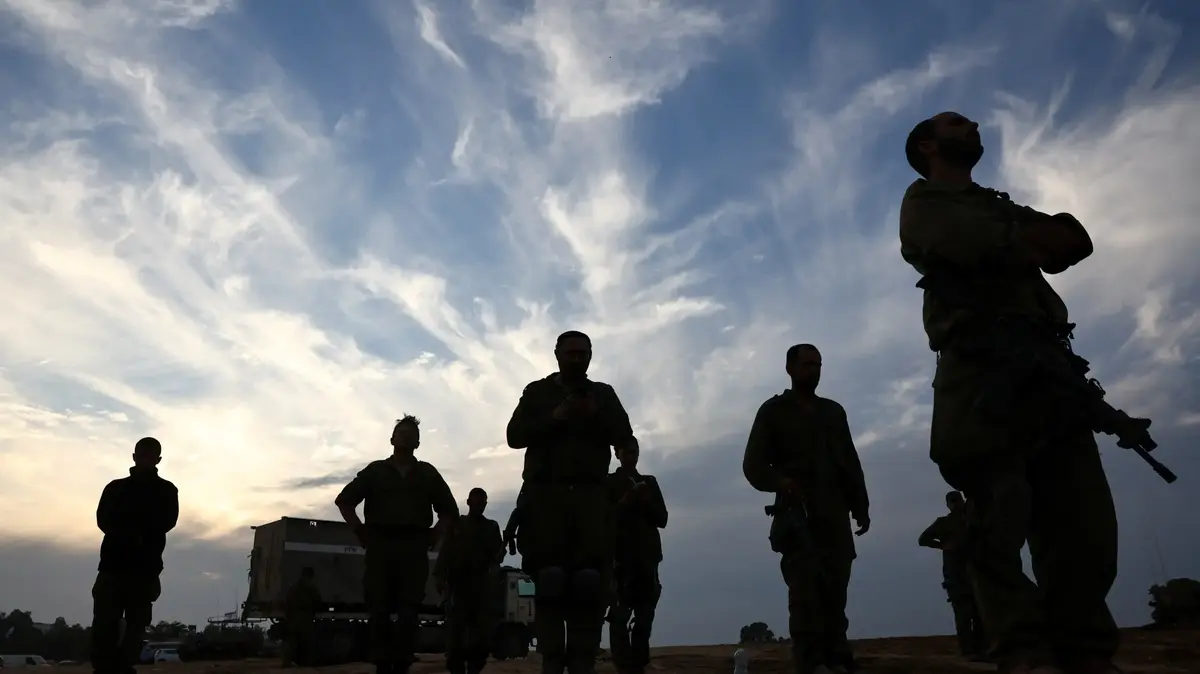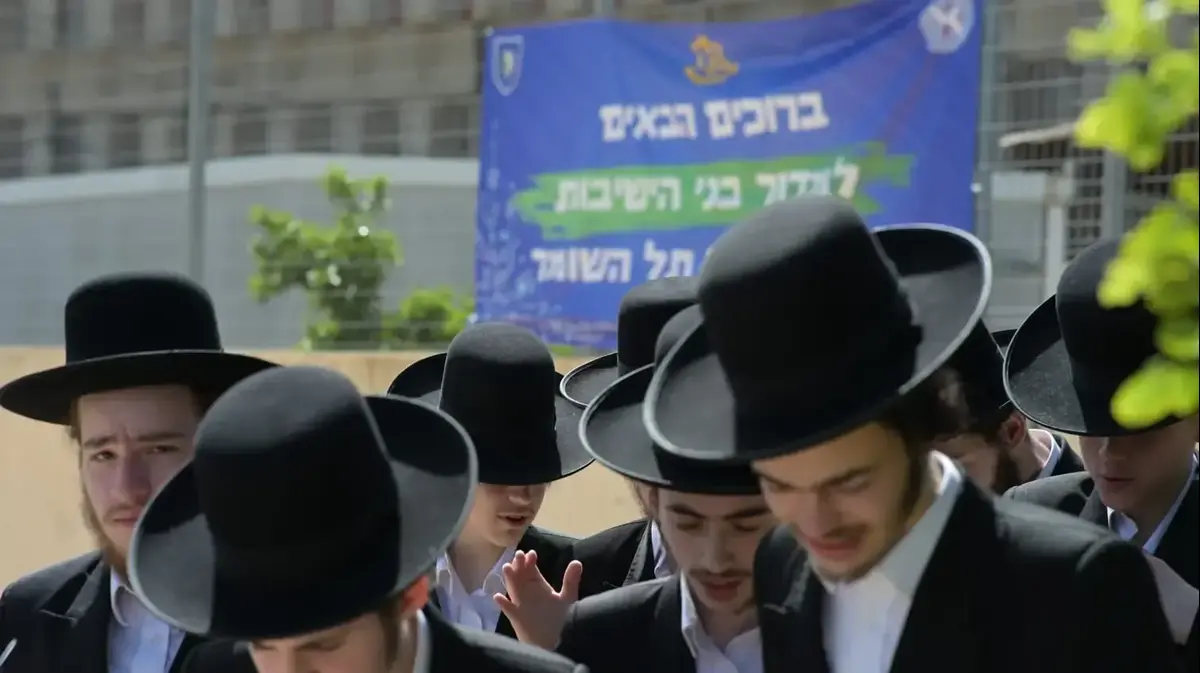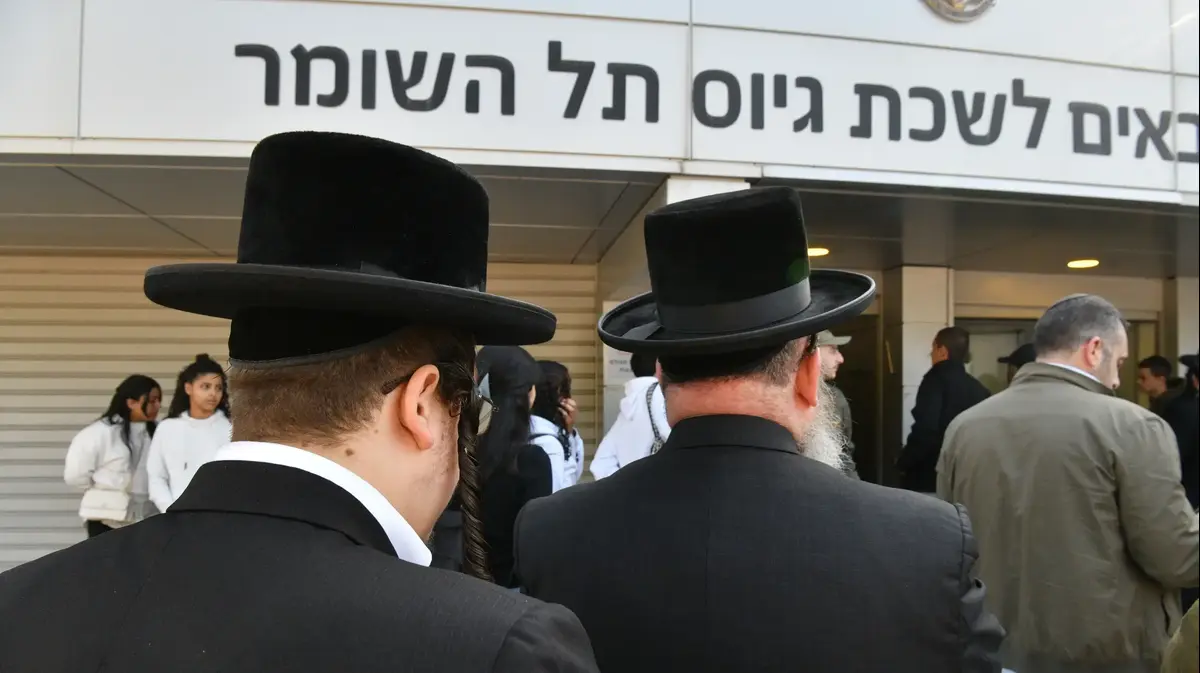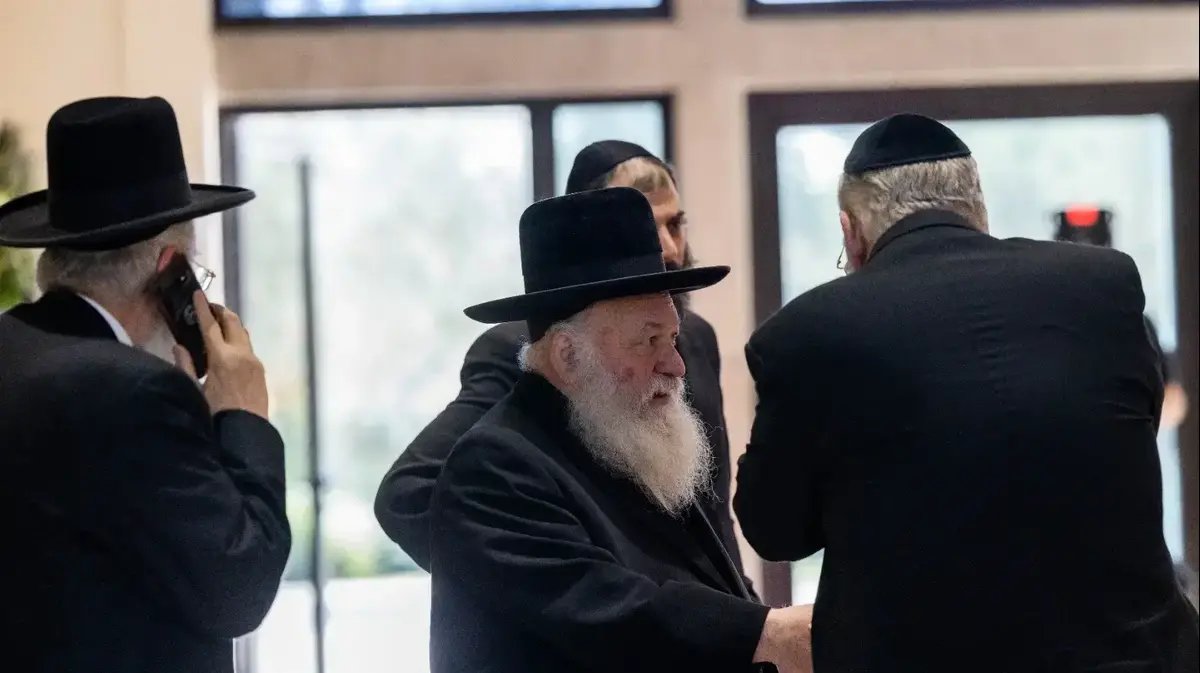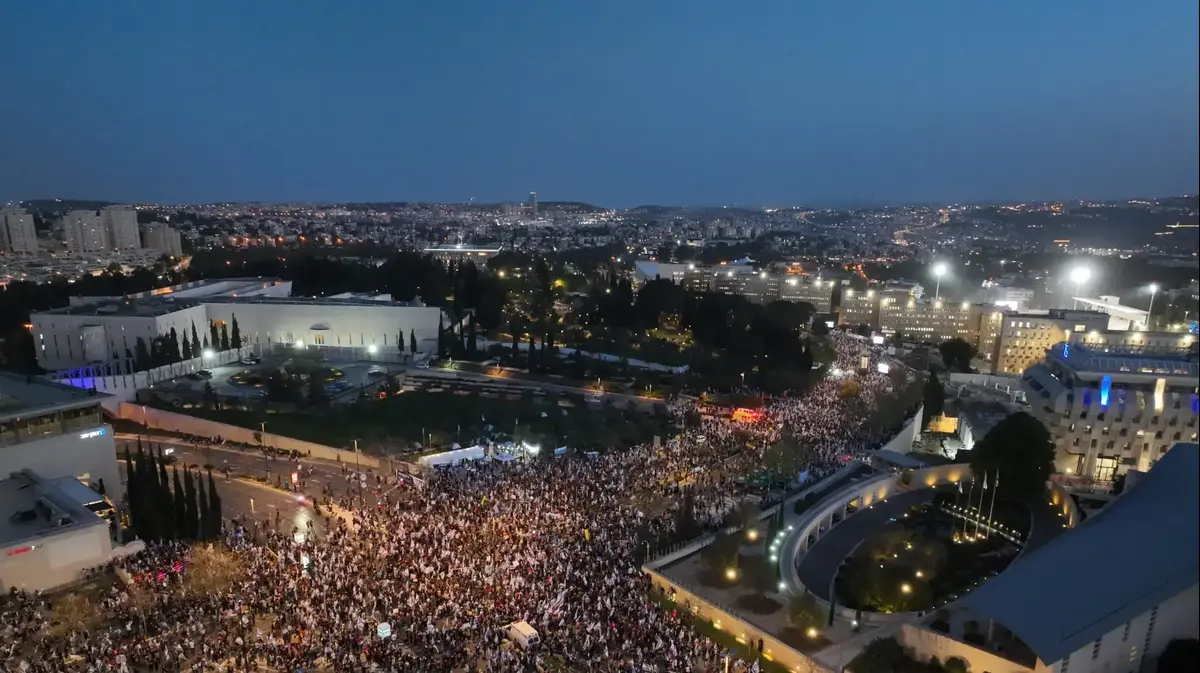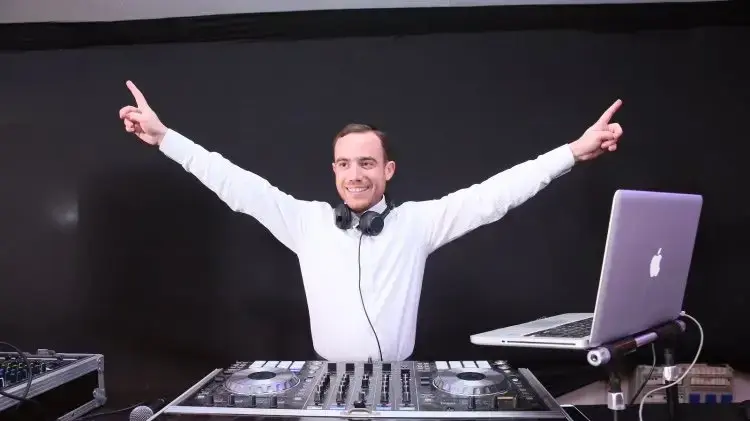Judaism
Life itself
Leadership of the month of Elul: Since when do you say Slichot?
The month of mercy and forgiveness includes a variety of customs and laws.
Rabbi Josiah Pinto makes them accessible to you in a simple and clear way, so you know exactly how to drive and what to do
Tags
Rabbi Pinto
Return of Israel
David Berger, in collaboration with Shuva Israel
Monday, 09 August 2021, 14:10 Updated: 14:12
Share on Facebook
Share on WhatsApp
Share on general
Share on general
Share on Twitter
Share on Email
We entered the month of Elul - the month of mercy and forgiveness. A variety of customs and laws pertain to this month. Admor Rabbi Pinto, head of the fathers of courts in Morocco, drew them in order and accessible to them each and every one.
A - tend to get up every day reciting them such an early hour this morning, starting the day after Rosh Chodesh Elul until Yom Kippur, that these days are the days of mercy and desire To the people of Israel in the past and present
.
Also, our Rabbi Yitzchak Ibn Giat wrote in the book Mea Shearim (page MG), and we have been following Kahanach Dakim since the beginning of Elul. But he quoted in the book Mea Shearim (ibid.) In the name of Rabbi Cohen Tzedek and Rabbi Hai Gaon, that Slichot should be said in only ten days of Teshuvah.
As well as the Rambam writes (expired Laws of Repentance echo) who all get up at night Ten these days, to pray in synagogues words of supplication and reassurances by Lior today.
And wrote a column (Mark freeze) that someone Rabin to seek forgiveness and beseeching Rosh Chodesh Elul. And a custom two meetings say Slichot and supplications on the ten days of Teshuvah, and the Ashkenazi custom when Rosh Hashanah falls on a Thursday or Saturday, then begins on the Sunday before it to stand in the morning watch and say Slichot and supplications, and when Rosh Hashanah falls on Monday or Tuesday then begins on the Sunday of the week before.
It is customary to get up early every day to say sorry in the morning watch, from the day after Rosh Chodesh Elul until Yom Kippur (Photo: ShutterStock)
In any case Maran Shulchan Aruch (freeze section A) tend to get up early hour this morning to seek forgiveness and beseeching Rosh Chodesh Elul until Yom Kippur.
Here exchange machines (Pat page up) makes clear, that this was the custom of Rabbi Ari Ramchal. And taste this practice writing the column (name), day of Elul Moses went up to receive the second tablets.
and Rabbi Hida Ramchal (Sack and Joseph's knees) wrote, Diotr good these days multiply pardons and pleading with the public from learning. and because he saw some rabbis were always engage in my body went and connections, and Elul were persons should be a little on as usual and say supplication.
Here Responsa Hrm"a Fano (sign pen) letter of the month itself does not say Selichot and supplication. and they wrote of the Great Assembly (Hght) and the Magen Avraham (Sec B) and the goddess Rabbah (sec. 6) and the staff of Ephraim (sec. 11) and was quoted in their words in the Cape of Life (sec. 10).
C - Even when there is no quorum in the synagogue, the custom of our holy fathers and rabbis is to say Slichot as an orderly, and also say the passages in Aramaic, such as: Rahmana and Daani for the poor and Mahi and Messi even when there are not ten, and only the thirteen virtues will be said as a reader in the Torah.
D - Here it is quoted in the Mishnah (Devi Daf Lev).
And in the Gemara there (Lag) Ita and prayer in every language.
And Rabbi Yehuda said never to ask a person his needs in Aramaic.
Damar Rabbi Yochanan, everyone who is asked about his needs in Aramaic, does not need the guardian angels, according to which the guardian angels do not recognize Aramaic.
And settles the Gemara, not a question, ha in the singular ha in the public.
Even when there is no quorum in the synagogue, the custom of our holy fathers and rabbis is to say Slichot as an orderly (Photo: ShutterStock)
Rashi explains that the individual needs to help angels, but the public does not need to Hu, as it is written: "They El Kabir tire" is disgusted with prayers of many.
And it was held also in the Shulchan Aruch (Ka Section D) demon can pray in any language he wants. And Henny million in public , But in the individual will not pray except in the Holy Language, A.K.
And according to this ostensibly, if one prays alone he will not say in forgiveness the passages that have been observed in Aramaic. And the great goddess (Tikfa sec. 9) wrote in the name of the Book of Tanya (thick sign) that there is no minyan in the synagogue, the requests will not be said in Slichot in Aramaic, as in Metuta Minach, that no angels recognize in Aramaic if not the messenger to the public.
And he brought their words with the palm of life (Sec. 26) and difficult, it was like that if the angels did not understand, and even he who spoke Aramaic and asked his needs from him will be blessed his words are heard. That being said, whoever is the name of our God in all our call to him and in this we have praised Israel, who ask their needs from him will be blessed without any means.
For it follows from the words of all the arbitrators, that an individual is allowed to say all the selichot except for thirteen virtues that are said in flavors as a reader of the Torah,
etc. The language that is common in their mouths and more clear to them and the intention is for them in every matter.
And this means that in the opinion of the Meiri, all that Meiri the Gemara in the pervert is only in the way that the individual composes the wording of his prayer himself, and therefore should pray in the Holy Language. But in prayers composed by members of the Knesset, this does not belong, because sages have already clarified the language and if so, the individual is also allowed to say the passages in Aramaic.
And more can be brought evidence, Dahanah we found in the answers of the geniuses (the composition of the sign of a witness) who was asked there one of our geniuses, Dahoil and Rabbi and Rabbi Yochanan forbade the individual to ask his needs in Aramaic except the patient, so why all requests and mercies our sages corrected are in Aramaic, The geniuses of the geniuses between the individual and the public are in the
island of Lishna Aramaic. Gamrinen Defligi Rabbanan Eliyahu.
And a distance from Miharihun from Sabara Nami Eto angels who are appointed to write a conversation of a man who does not know Aramaic.
And even on the backs of Dalla Yedeinan May Tamiyahu Darv and R. Yochanan and Minyan to them.
And that Dala felt her first, even Annan Nami did not feel them, "Akal.
Share on Facebook
Share on WhatsApp
Share on general
Share on general
Share on Twitter
Share on Email

